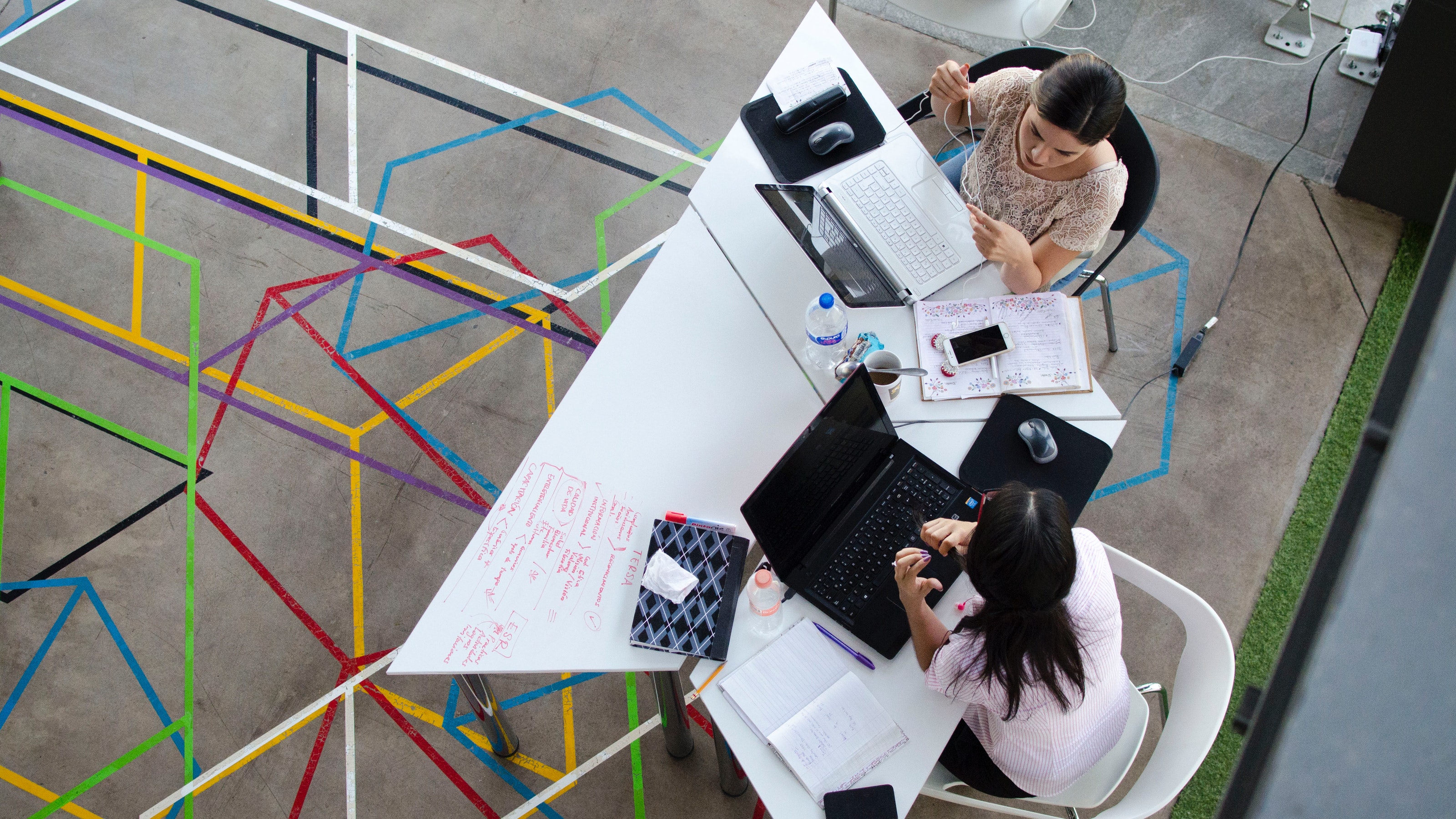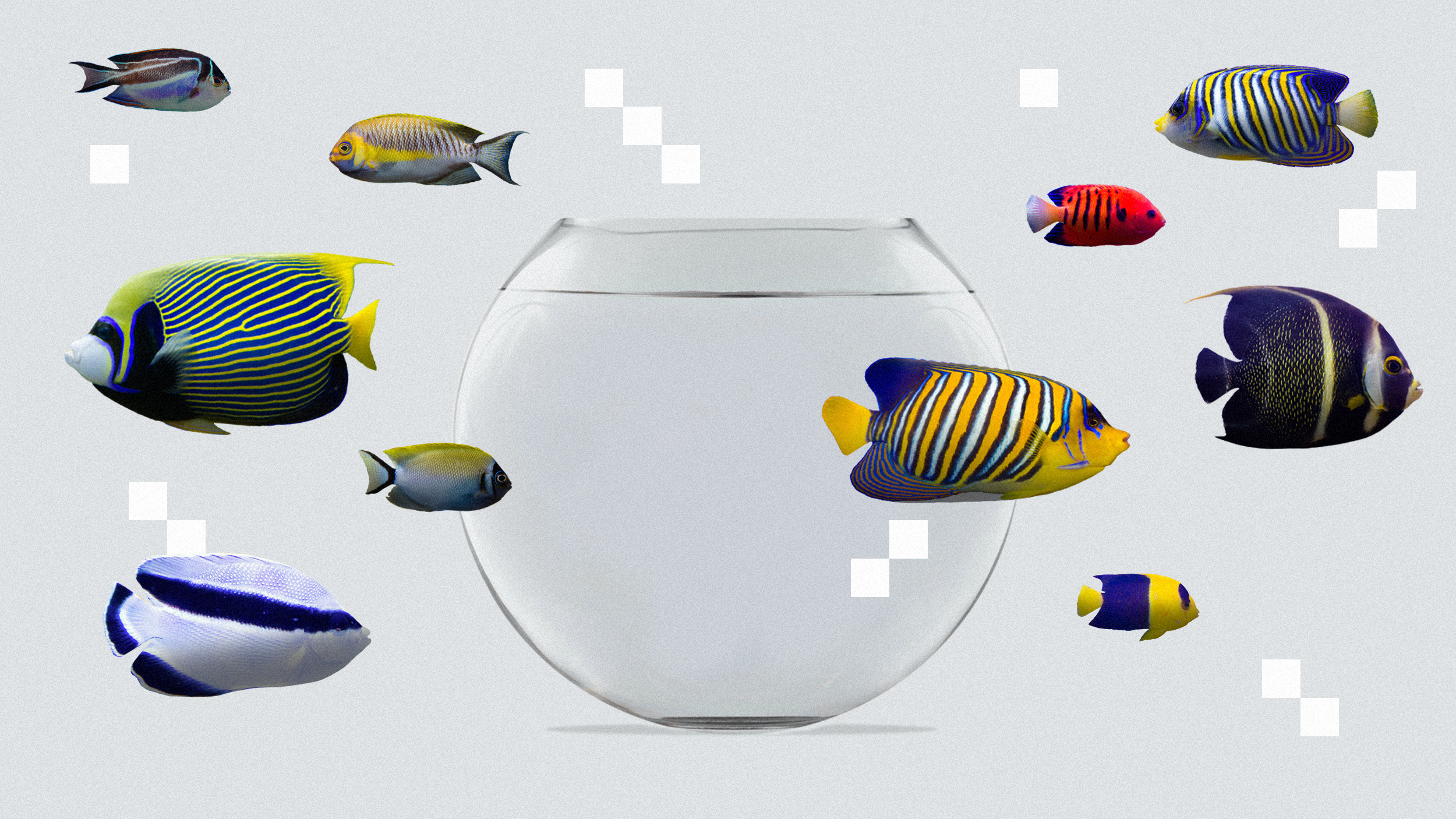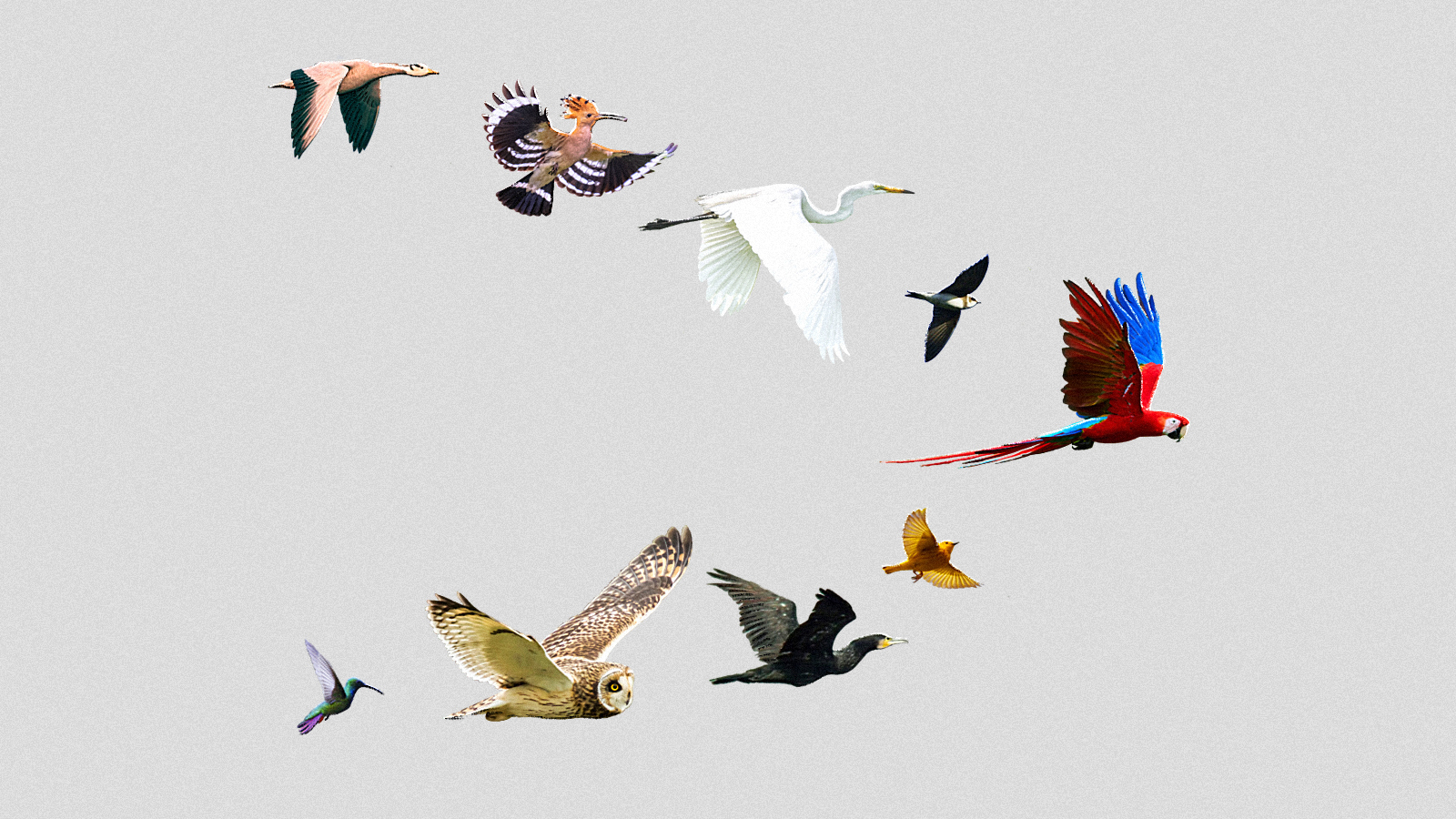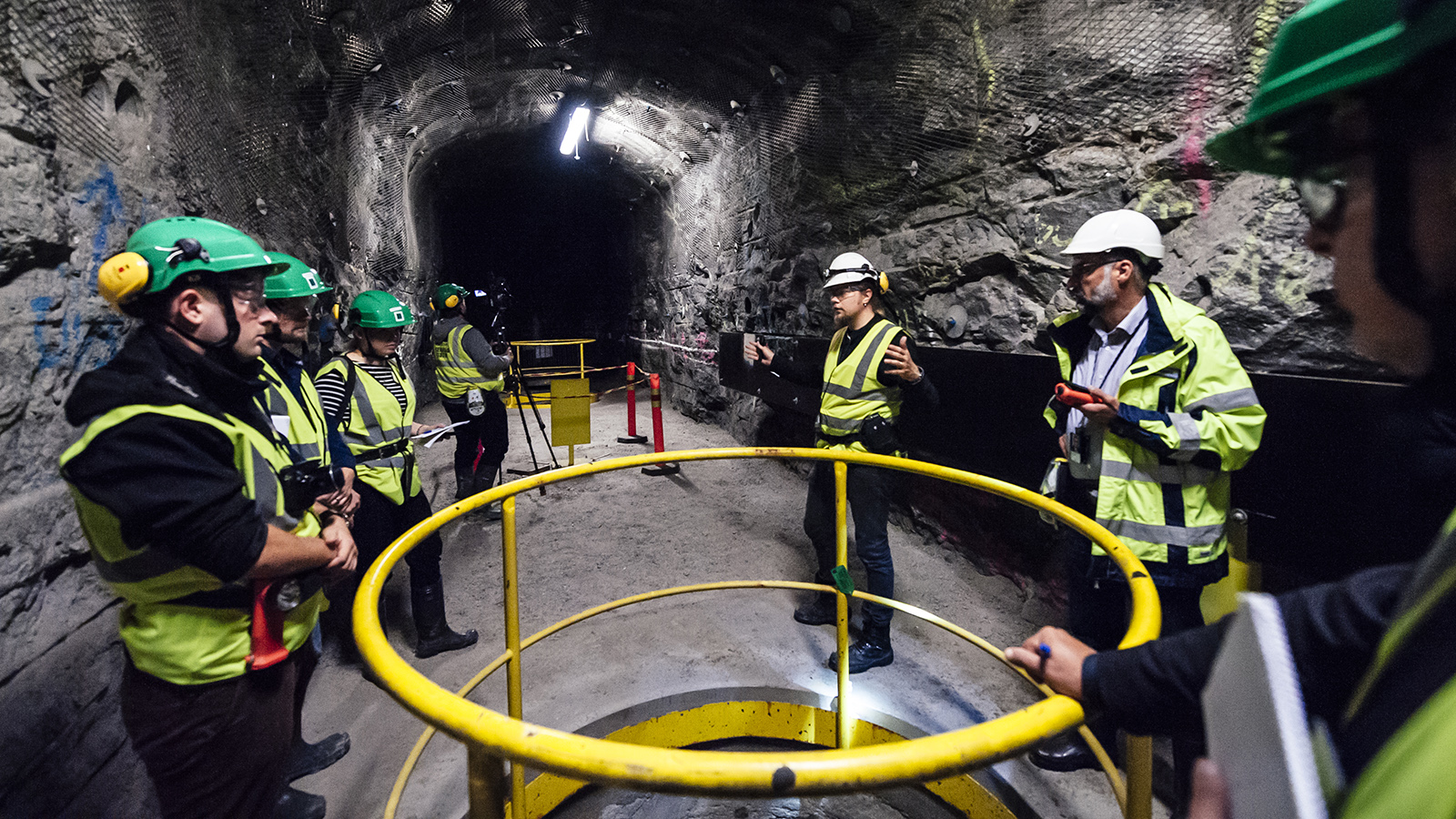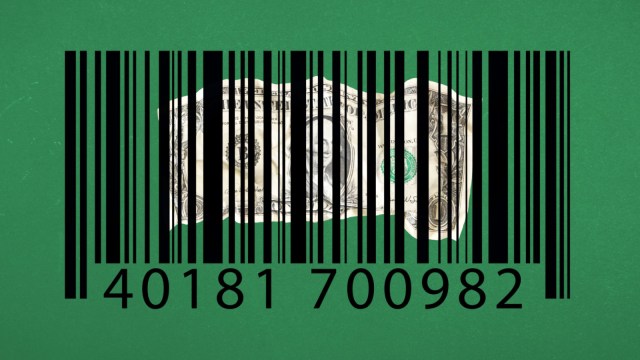Work is an essential part of being human, and robots won’t take that away
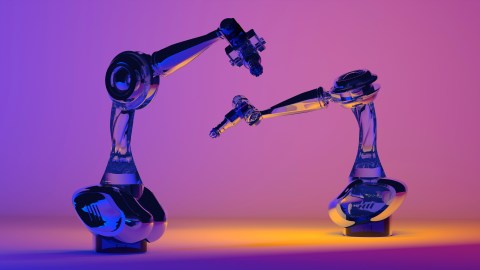
- Many people have the expectation that the more machines do our work, the freer we are. But that’s not what happens.
- Humans need to work and contribute to society in some way.
- Work is a way of exercising our freedom.
Humans could be defined as the species that makes complex tools from raw materials. We started by using fire to cook food and make pots. Now we have machines that help us think, mine metals, and explore other worlds. But is technology helping or hindering us? Is there such a thing as too much technology?
The notion that mechanization and technology will bring us free time so we can enjoy life is as old as technology itself. The use of farming animals to cut through fields spared humans much hard work. Romans used mills to grind grain and lift water for irrigation. Steam engines changed the world. As we advance through history, the list grows, and so does the impact.
The tyranny of leisure
The expectation has always been that as technology and the mechanization of labor grew in sophistication, humans would have more free time and thus more opportunities for leisure. However, if we were to ask most people today whether they have more free time, the answer would be no. Despite all the machines and technology, people feel busier than ever. What went wrong?
For one thing, there is the question of growing demand. Even if technology and mechanization optimize output, the increase in demand makes productivity gains feel inefficient. A growing world population with a growing appetite for resources continually challenges what new technology can do. As machines huff and puff away, people keep asking for more.
But there is another aspect to this question, one related to the way we function. Imagine a future when automation reaches a point where machines do cover most of the tasks that currently keep us busy. Driving cars, writing memos, programming computers, fixing machines, farming fields, diagnosing and operating on patients — none of these jobs will require a human hand any longer.
How intolerable would all this gained leisure be to our psyche? There is only so much enjoyment in watching TV, exercising, or even engaging with friends and family. At some point we feel the urge to get busy, and we know we need to act on it. Work may not make us free, as claimed in the horrible quote at the entrance of a few Nazi concentration camps. Work is, however, an integral part of who we are. If we are unproductive for an extended period, it’s hard to shake off a feeling of worthlessness. Even when we do have free time, or when indeed we retire, we find hobbies to keep us busy.
We aren’t talking here about severely underpaid labor, which is ethically immoral. Clearly, this is not the form of work I mean. I’ll also not touch on work-related sociopolitical issues such as universal income programs, as they are a whole other topic.
Work as essential personal expression
We are organizers, builders, and tinkerers. The expectation that technology would buy us more leisure time, and in so doing make us feel freer, misunderstands our nature. It confuses freedom with not working. The premise seems wrong, because work does bring a measure of enjoyment to many people. The value of work goes beyond the paycheck. When routine work is not fulfilling, we find hobbies, join volunteer groups, and engage in activities that keep us busy while bringing a measure of enjoyment.
Humans are a working species, as are most animals. Living is about being busy, be it foraging for food and building shelters, or designing marketing campaigns or rocket ships. Technology and automation will continue to free us from some of our tasks, but it will also create new ways to keep us busy. Computers may optimize many of our everyday activities, but we still sit in front of them for most of the day. Avoiding our phones for more than an hour seems unthinkable to most. To be free is, in a sense, to be able to choose how to commit our time. Whatever our individual choices (and social privileges) are, we make sure we keep busy one way or another. Technology and automation may change our choices, but not our needs. Work is a way of exercising our freedom.
